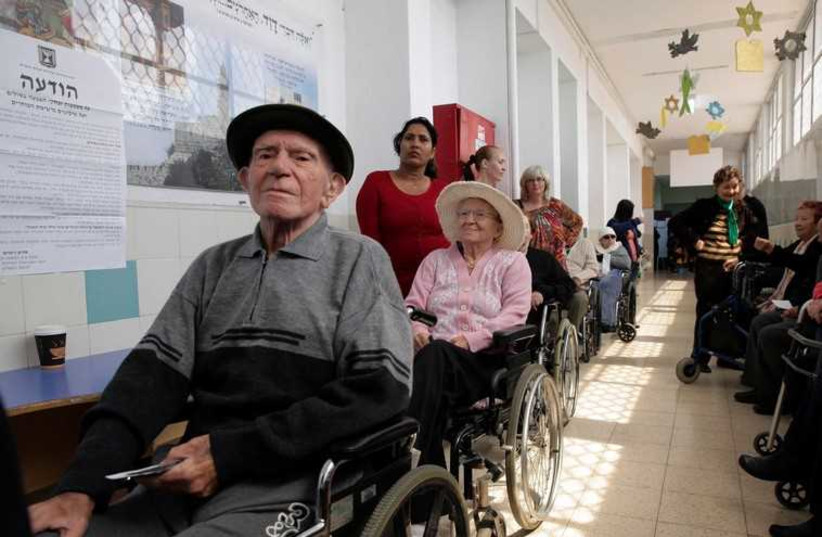Communications Minister Dr. Shlomo Karhi announced on Sunday the proposal of a new regulation that will protect the elderly from exploitation and fraud by blocking incoming calls from abroad that are aimed at stealing money.
This phenomenon has already affected thousands of consumers and caused severe economic damage to many of them. This proposed regulation will largely focus on protecting the elderly and new immigrants.
Karhi stated, "Service to the public in general and consumer protection, in particular, are the basis for any action or intervention in the free market.
"In most cases, non-intervention in the market serves the public well, but corrective action is required in cases of monopoly, exploitation, and fraud.
"Under my leadership, the Communications Ministry will continue to promote a free and competitive market in terms of quality and price, protecting those vulnerable to exploitation. This is what we did with surprise charges for calls abroad, excessive fees on standing orders, the failure to give pensioners discounts at the postal bank, and also here in the issue of exploitation."
Increase in attempted telephone fraud since start of war
According to reports by the Communications Ministry, since the start of the war, there has been a sharp increase in telephone fraud attempts, mainly targeting the elderly population, especially among Russian-speaking immigrants.
These activities can target both commercial and public entities by utilizing their phone numbers as identifiers, making calls to subscribers appear on their phone screens as originating from legitimate sources.

The impostors aim to steal personal and credit information from the victims or persuade them to make various financial transfers under false pretenses.
Typically, this scheme unfolds when the impostors allege that the victim's bank accounts or credit cards have been compromised. They then insist that the victim withdraw their funds and transfer them, ostensibly to secure police accounts or coerce them into divulging passwords and sensitive information.
Alongside the police, the Communications Ministry is working to prevent the display of false numbers on cellular devices.
Following an increase in scam attempts, which primarily affect the elderly population, and in continuation of prevention activities carried out by relevant authorities, the Communications Ministry published on Sunday a draft amendment to regulations in which provisions are considered to mitigate the phenomenon of impersonation of law enforcement agencies and companies using their phone numbers.
The draft regulations under consideration include a provision stating that an international service provider must block calls originating from outside Israel if the caller's number is an Israeli landline.
Additionally, it stipulates that a mobile phone service provider should block calls from outside the State of Israel if the caller's number is a mobile phone, except for its roaming customers.
Further, a service provider will not allow its subscribers to use numbers that are not allocated for their use.
Following the necessary preparation period of several months, the changes to this draft regulation are expected to take effect during the coming year to ensure comprehensive protection for the public.
